Fear, a primal emotion ingrained in our evolutionary history, often evokes a range of responses within the human psyche. In the realm of entertainment, horror remains a fascinating genre that captivates audiences worldwide. From spine-chilling tales to blood-curdling visuals, horror fiction has the unique power to engage our deepest fears and unsettle the mind. But why do some individuals find pleasure in the sensation of fear, and what does this say about the human psyche?
The appeal of horror, intriguingly enough, lies in its ability to trigger a complex web of psychological reactions. Some psychologists argue that experiencing controlled fear in a safe environment can offer a sense of thrill and excitement. This controlled arousal may lead to the release of adrenaline, endorphins, and dopamine, which collectively create a unique cocktail of emotions that can be both exhilarating and addictive.
Moreover, the allure of horror can be attributed to its ability to provide an avenue for the exploration of taboo subjects and repressed fears. As viewers or participants, we are able to confront our deepest anxieties through the lens of fiction, allowing us to process these emotions in a controlled and often cathartic manner. This catharsis, in turn, can lead to a sense of relief and empowerment, as individuals navigate the complexities of their own fears and vulnerabilities within the confines of a fictional narrative.
However, the impact of horror on the human psyche is not limited to the realm of momentary exhilaration and catharsis. Studies have suggested that prolonged exposure to graphic or intense horror content can desensitize individuals to real-life violence and aggression, blurring the lines between fantasy and reality. This desensitization can have profound implications for empathy and emotional responsiveness, potentially numbing individuals to the genuine suffering of others.
Conversely, for some individuals, excessive exposure to horror can lead to heightened anxiety, nightmares, and even phobias. The thin line between controlled fear and genuine psychological distress highlights the delicate balance that must be maintained when exploring the depths of horror within the context of entertainment.
Understanding the psychology of fear and the effects of horror on the human mind is crucial not only for creators and consumers of horror media but also for mental health professionals and researchers. By delving into the intricate interplay between fear, arousal, and emotional regulation, we can gain valuable insights into the complexities of human psychology and the mechanisms that govern our responses to simulated fear-inducing stimuli.
In conclusion, the allure of horror lies in its ability to provide a controlled space for individuals to grapple with their deepest fears and anxieties. While this controlled exposure can be exhilarating and cathartic, it is essential to maintain a critical awareness of the potential long-term implications of prolonged or excessive engagement with horror content. By fostering a nuanced understanding of the psychological underpinnings of fear, we can navigate the realms of horror with a deeper appreciation for its impact on the human mind and our broader emotional landscape.
